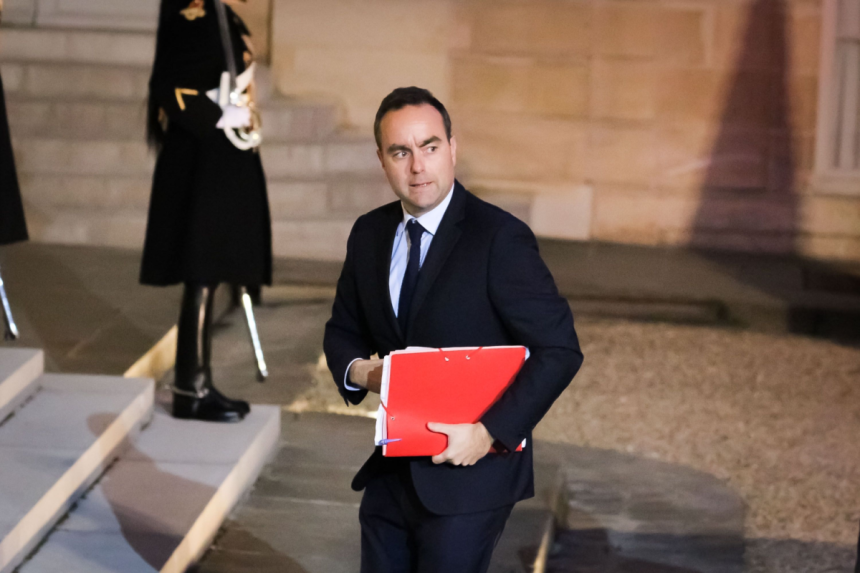French President Emmanuel Macron has appointed Defense Minister Sébastien Lecornu as the country’s new prime minister, following the collapse of François Bayrou’s short-lived government. Lecornu, 39, takes office with the urgent task of uniting France’s divided parliament to secure agreement on a national budget while ensuring political stability.
A Rapid Appointment Amid Crisis
Lecornu’s nomination came less than 24 hours after lawmakers ousted Bayrou in a confidence vote, triggered by disagreements over slashing public spending. The political upheaval left Europe’s second-largest economy without leadership as it faces major fiscal challenges, rising debt, and global crises in Ukraine and Gaza. Macron emphasized that Lecornu’s first mission is to consult with all parties to secure consensus on the budget before forming his cabinet.
Lecornu’s Political Rise
The new prime minister has been a close Macron ally since joining his centrist movement in 2017. A former conservative, Lecornu has built a reputation as a pragmatic mediator, playing key roles in managing the yellow vest protests through the “great debate” and addressing unrest in Guadeloupe by opening dialogue on autonomy. His loyalty and crisis-management skills make him a natural choice for Macron, who has cycled through four prime ministers in a year.
Defense Background and National Security
As France’s youngest defense minister, Lecornu spearheaded a historic military buildup worth €413 billion ($435 billion) for 2024–2030, the country’s largest defense investment in 50 years. The program includes modernizing the nuclear arsenal, expanding intelligence operations, and developing advanced weaponry. His experience in defense highlights Macron’s focus on stability and independence as France navigates shifting U.S. foreign policy under President Donald Trump.
Challenges Ahead
Lecornu’s appointment comes just as a protest movement called “Block Everything” is set to disrupt the country, prompting the deployment of 80,000 police officers. Beyond domestic unrest, he must balance immediate fiscal negotiations with broader issues of security and France’s role on the global stage. Success in uniting political factions around a budget will be the first test of his leadership.
Sébastien Lecornu enters office at a time of political fragility and economic strain. His track record of loyalty to Macron and ability to manage crises may prove crucial in forging consensus. However, with France facing debt concerns, street protests, and international instability, his tenure will be defined by whether he can deliver both budgetary stability and political unity.






